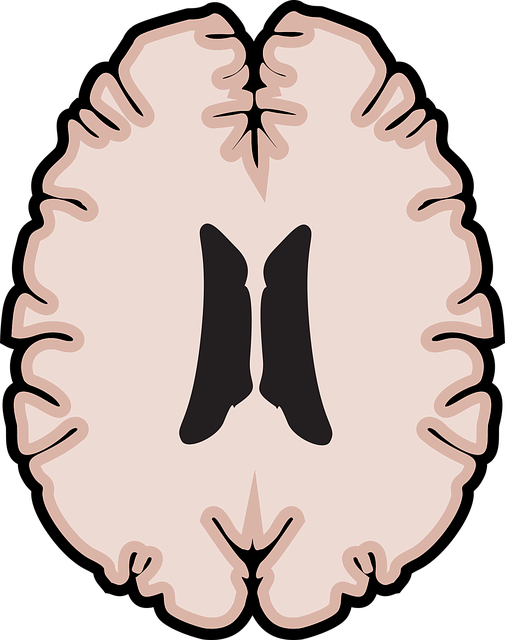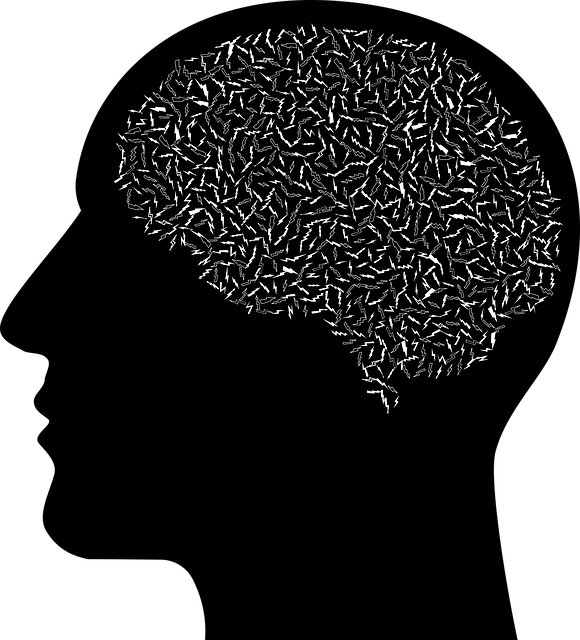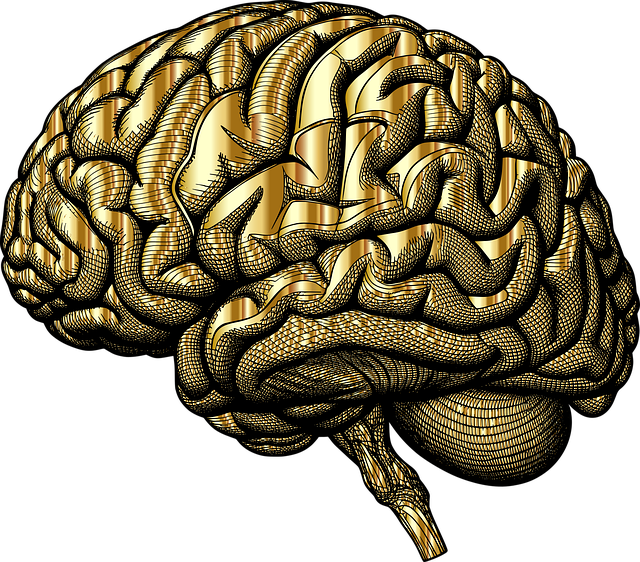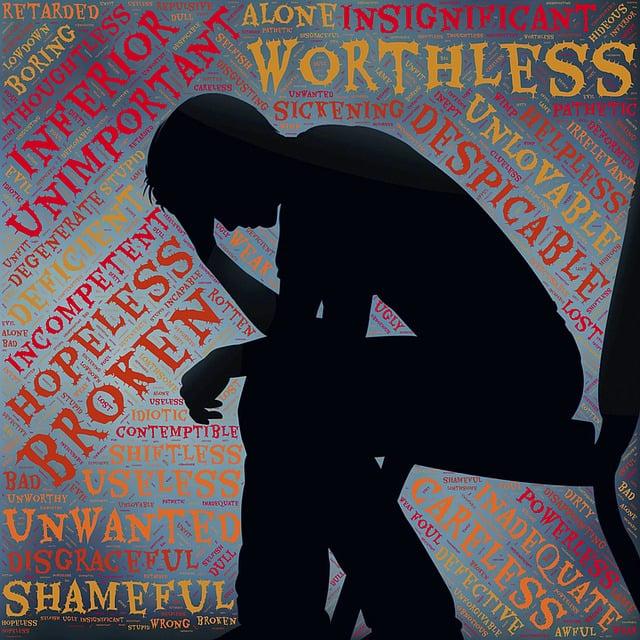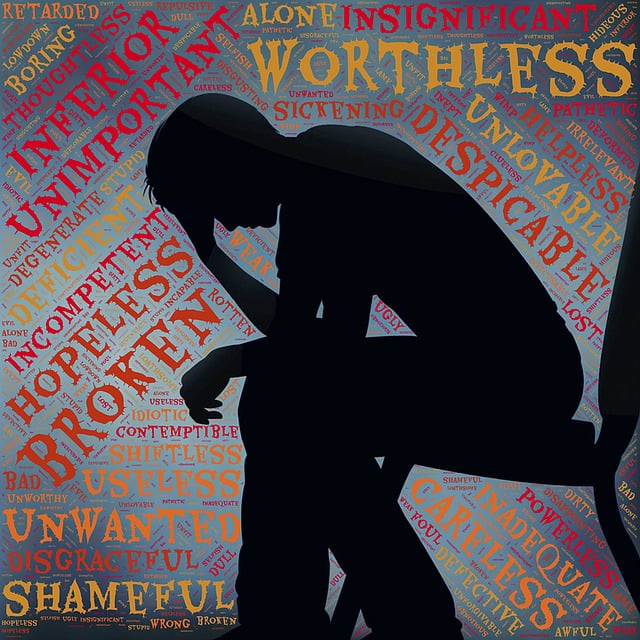In Louisville, where mental health services serve a diverse community, culturally sensitive conduct disorder therapy is essential. Healthcare professionals need to overcome biases and incorporate evidence-based practices with sensitivity training to provide inclusive care that respects unique cultural beliefs. Effective cross-cultural communication, active listening, and education about various cultural norms are key to building strong therapist-client relationships and improving outcomes. Training programs in Louisville aim to enhance inclusive practices, emotional intelligence, and risk assessment techniques to ensure tailored, quality mental health care for all residents.
“Enhancing healthcare through cultural competency is crucial, especially in diverse cities like Louisville. This article explores strategies to improve mental health services, focusing on Louisville’s unique context. We delve into the impact of cultural biases, offering insights from a local perspective.
‘Understanding Cultural Competency in Healthcare: A Louisville Perspective’ sets the foundation, followed by ‘The Impact of Cultural Biases on Mental Health Treatment,’ highlighting challenges faced by patients and therapists alike. ‘Strategies for Effective Cross-Cultural Communication’ provides actionable tips, and ‘Building Inclusive Practices’ introduces training programs for Louisville Conduct Disorder Therapists.”
- Understanding Cultural Competency in Healthcare: A Louisville Perspective
- The Impact of Cultural Biases on Mental Health Treatment
- Strategies for Effective Cross-Cultural Communication in Therapy
- Building Inclusive Practices: Training for Louisville Conduct Disorder Therapists
Understanding Cultural Competency in Healthcare: A Louisville Perspective

In Louisville, cultural competency within healthcare is a pressing yet crucial aspect, especially with diverse populations seeking services for various mental health concerns, including conduct disorder therapy. The city’s vibrant tapestry of cultures requires professionals to be adept at navigating complex socio-cultural nuances to provide effective care. Understanding and respecting different cultural beliefs, values, and practices are essential steps in fostering trust and improving outcomes for all patients.
Louisville’s healthcare providers must be equipped with the necessary tools to assist individuals from various backgrounds in developing coping skills, managing stress, and receiving crisis intervention guidance tailored to their unique cultural needs. By integrating evidence-based practices alongside cultural sensitivity training, Louisville can ensure that mental health services are accessible, inclusive, and beneficial for every resident, regardless of their ethnic or cultural background. This approach not only enhances patient satisfaction but also promotes overall well-being in a diverse community.
The Impact of Cultural Biases on Mental Health Treatment

Cultural biases can significantly impact mental health treatment, often leading to disparities in care for individuals from diverse backgrounds. These biases, rooted in societal norms and personal experiences, may cause healthcare providers to unintentionally perpetuate stereotypes or misjudge certain behaviors, especially when treating conditions like conduct disorder. For instance, a provider’s preconceived notions about a patient’s family dynamics could hinder their ability to offer effective Louisville Conduct Disorder Therapy.
In navigating these challenges, compassion cultivation practices and emotional well-being promotion techniques are essential tools. By recognizing and challenging their own biases, mental health professionals can foster inner strength development in their patients. This, in turn, creates a more inclusive and supportive environment, allowing for deeper connections and improved outcomes—a vital aspect of quality care, particularly within the context of Louisville Conduct Disorder Therapy.
Strategies for Effective Cross-Cultural Communication in Therapy

Effective cross-cultural communication is a cornerstone of successful therapy, especially in diverse communities like Louisville. Therapists must go beyond basic conversational skills and embrace strategies that foster genuine connections with clients from different cultural backgrounds. One key approach is to actively listen, paying close attention not just to words but also to non-verbal cues, which can offer valuable insights into an individual’s experiences and beliefs. This practice respects the client’s autonomy and promotes a sense of safety.
Additionally, building cultural sensitivity involves educating oneself about various cultural norms and values, including those related to mental wellness. Understanding the impact of cultural factors on symptoms and treatment preferences is crucial in tailoring interventions. By incorporating cultural perspectives into therapy sessions, Louisville Conduct Disorder Therapy practitioners can reduce potential barriers, enhance patient engagement, and ultimately improve outcomes, while also mitigating burnout prevention risks that may arise from navigating complex cultural landscapes within mental healthcare practice.
Building Inclusive Practices: Training for Louisville Conduct Disorder Therapists

In Louisville, the focus on enhancing healthcare services extends to specialized areas like Conduct Disorder Therapy. Building inclusive practices among therapists is a critical step in ensuring effective and culturally sensitive treatment for diverse patient populations. Training programs aim to equip mental health professionals with the skills to navigate complex cultural nuances, fostering an environment that respects and values each individual’s unique background and experiences.
This initiative emphasizes cultural sensitivity in mental healthcare practice, emotional intelligence, and risk assessment techniques. By integrating these principles into their work, Louisville Conduct Disorder Therapists can better understand and address the specific needs of their clients, leading to more positive outcomes. Such training is vital, considering the diverse cultural tapestry of the city, ensuring every resident receives quality care tailored to their specific mental health requirements.
Cultural competency training is a game changer for healthcare, especially within specialized fields like Louisville Conduct Disorder Therapy. By understanding and addressing cultural biases, therapists can provide more inclusive and effective treatment. The strategies outlined in this article empower professionals to enhance cross-cultural communication, ensuring every patient receives the best possible care. This holistic approach not only benefits individuals but also contributes to a more vibrant and equitable healthcare landscape in Louisville and beyond.


